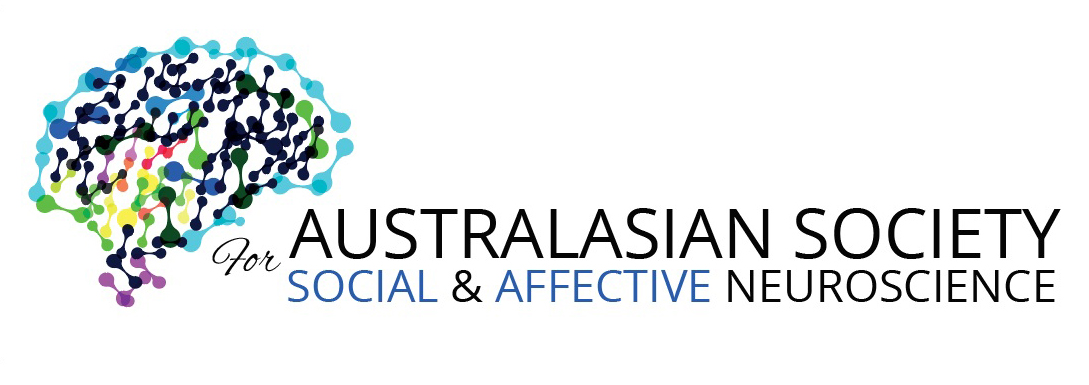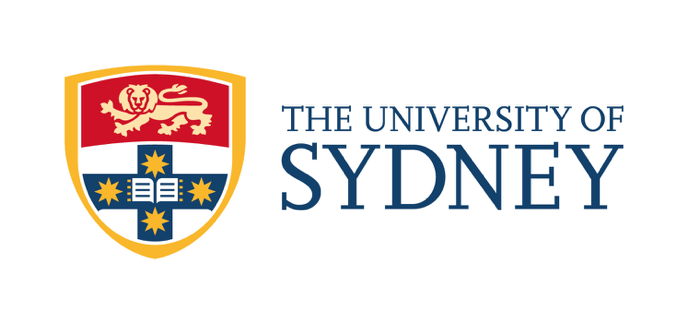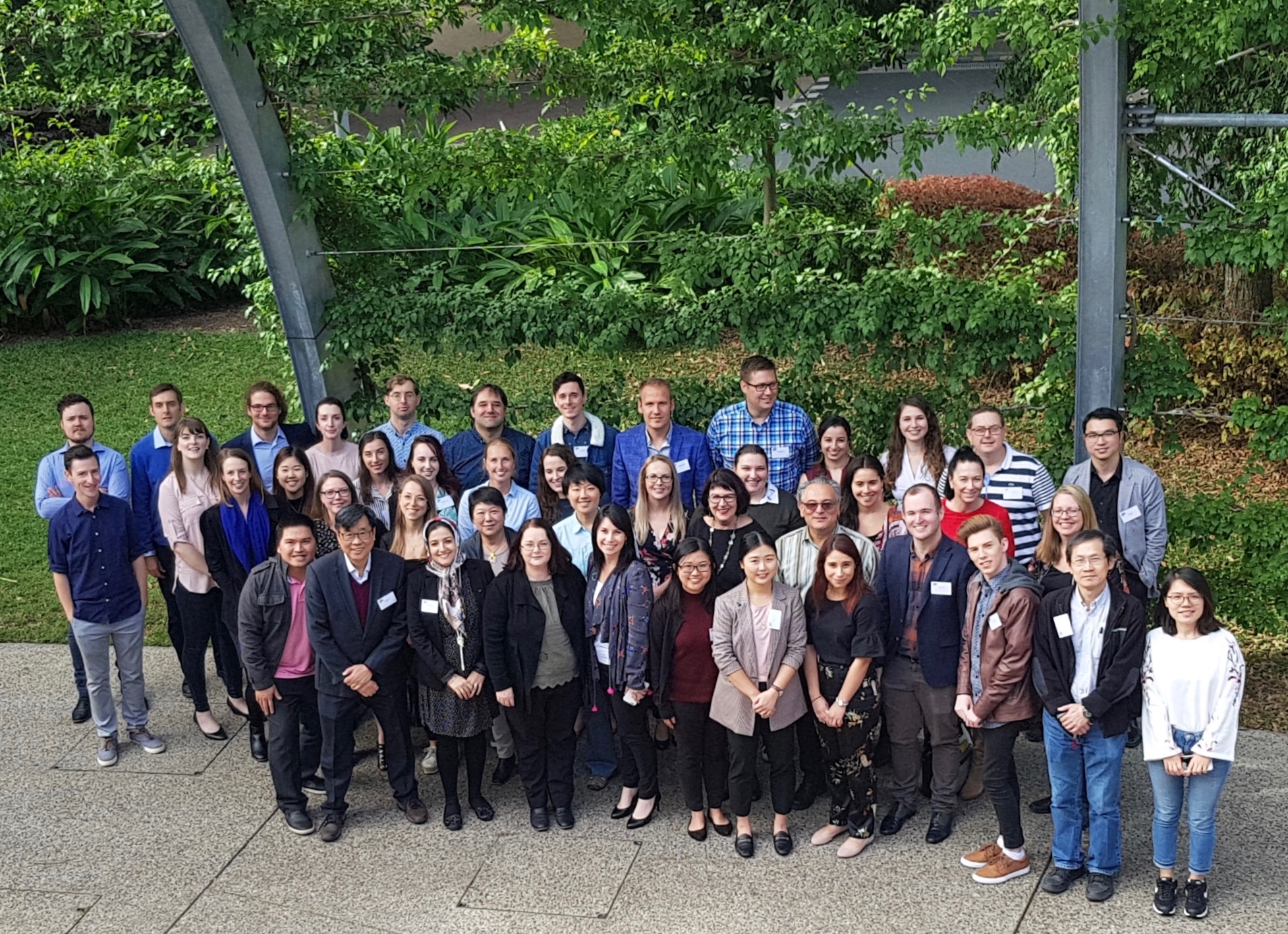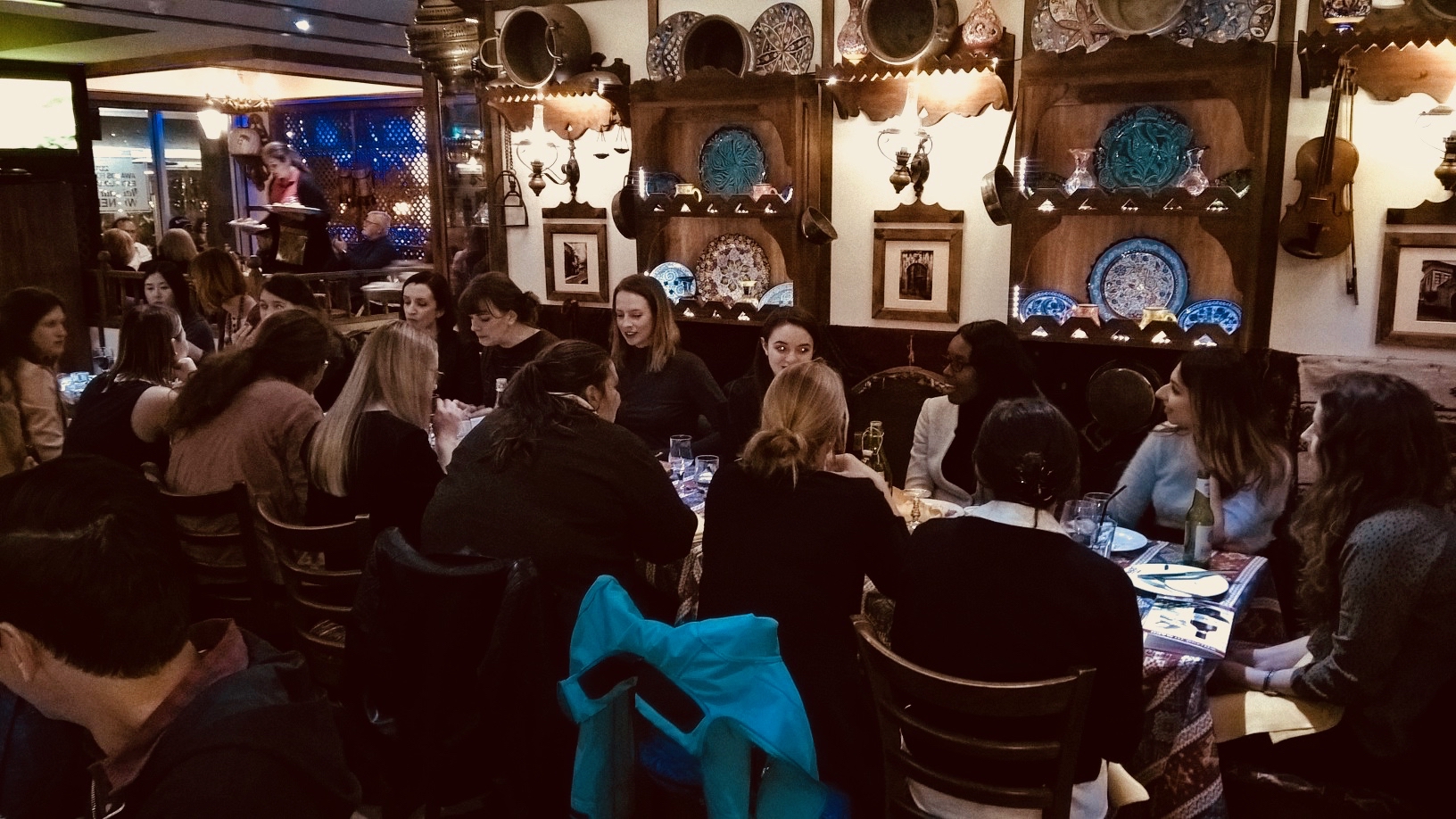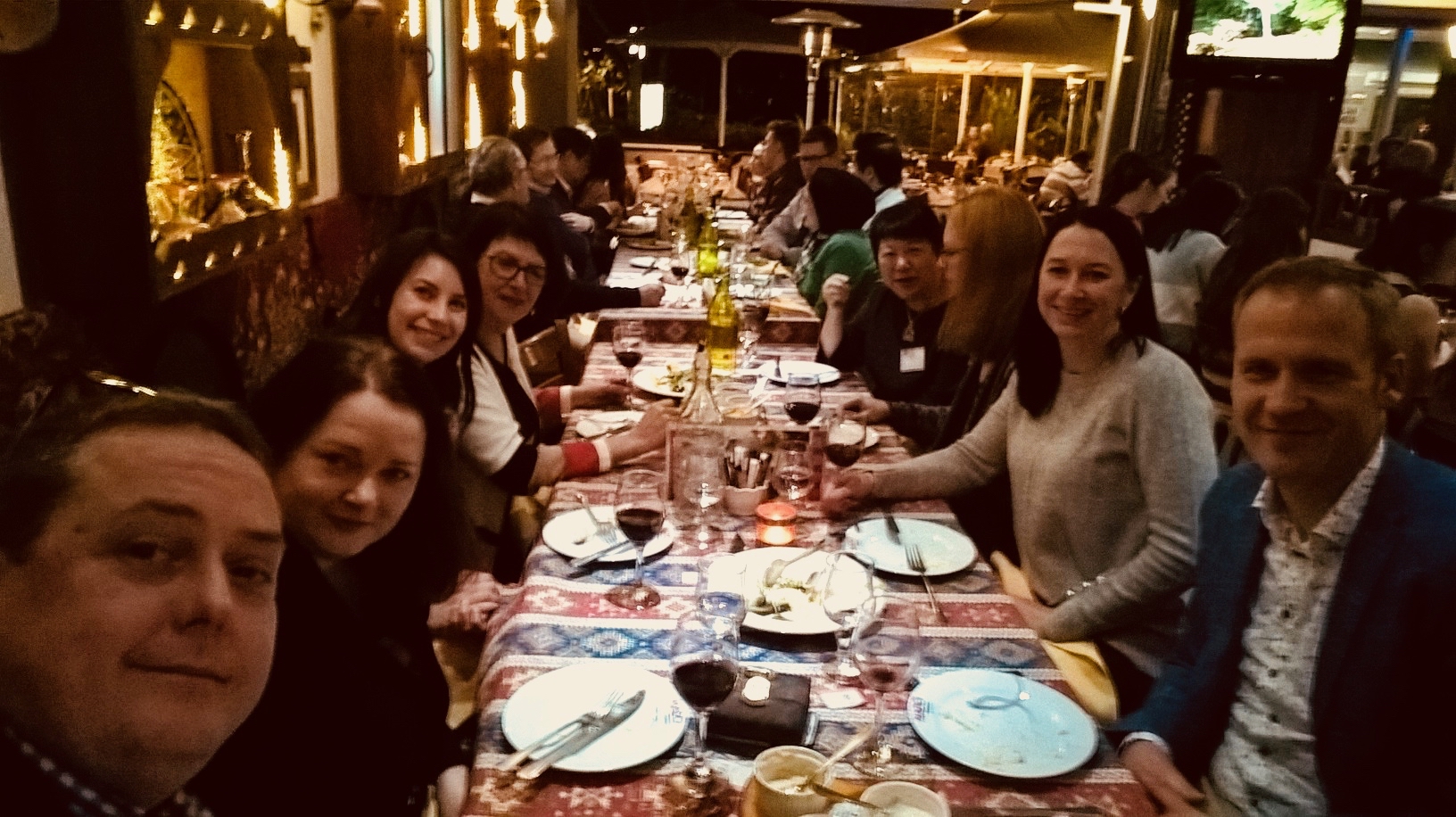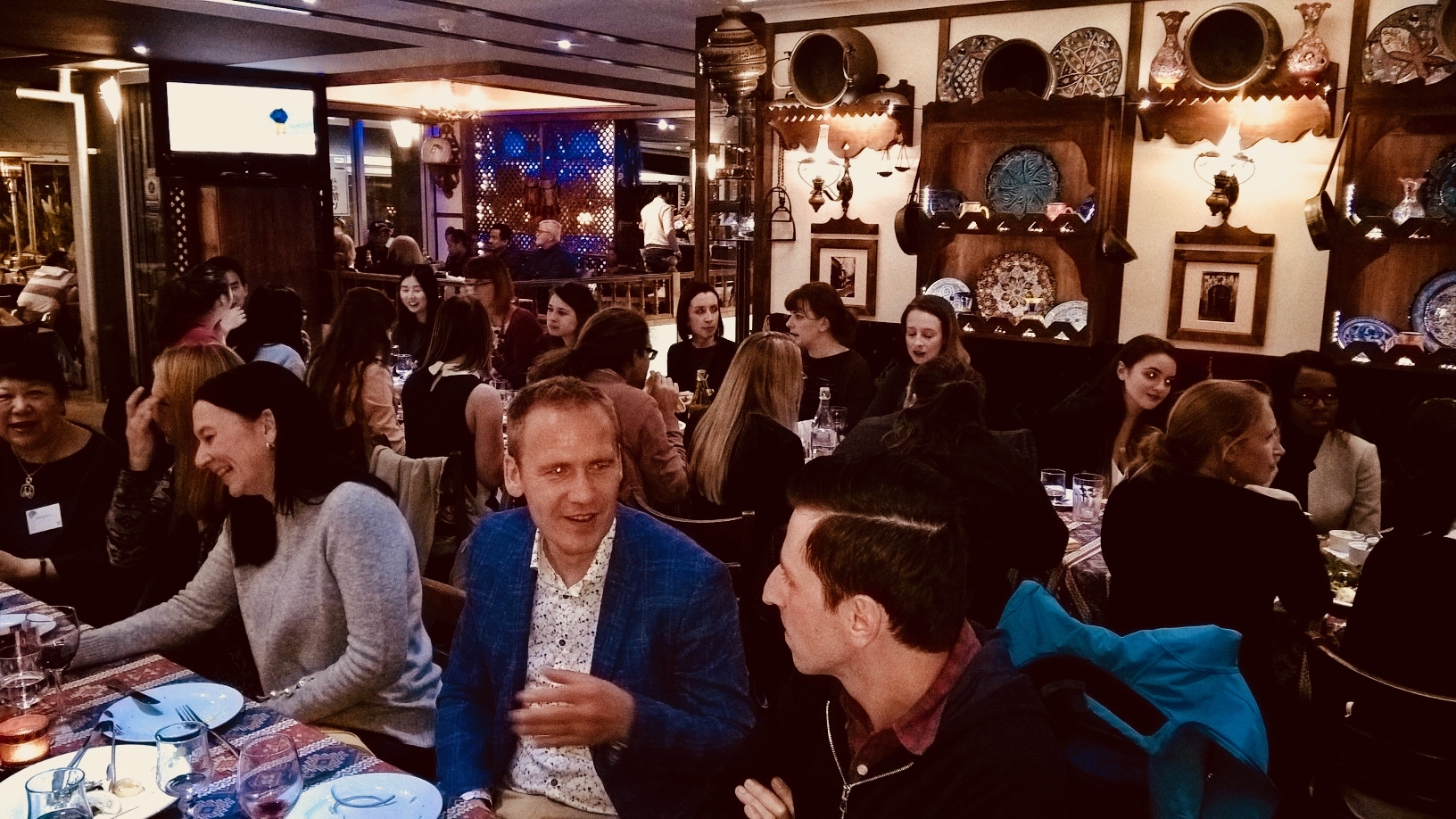The Collision of Art and Science
/This blog post was provided by Dr Michelle Kelly (School of Psychology, University of Newcastle)
Art is being recognised as one way to increase public interest in and understanding of science, forming part of an arsenal of tools to communicate scientific information. When imagination and creativity through art is linked with educational materials, the information is more memorable over time. Further, through strategy used by the arts and educators in arts, such as object based learning, we are making science education more accessible to more people. Art and science share a desire to build and encourage dialogue with society, particularly around the important challenges facing the world.
In June 2019, I curated an Art/Science exhibit called Brain @Watt Space. It was a collaboration between researchers at the University of Newcastle, local schools and community groups. It brought together an eclectic mix of people and ideas. The exhibit and its installations were designed to be interactive, educational and fascinating. We explored the tools we use to visualise the brain and associated diseases, we educated on the connections between regions of the brain and how alcohol can disrupt these, we explored the brain from the inside out using virtual reality, and invited visitors to test their problem solving skills and use the power of their mind to control clouds.
Over the course of 22 days the exhibit welcomed close to 1000 visitors, aged from 2-93 years of age. Over 80% of visitors surveyed rated the exhibit 8 out of 10 or higher and 93% said they were likely to recommend the exhibit to a friend. 88% reported that they learnt a moderate amount (or more) from attending the exhibit and 98% were interested in attending our next Art/Science exhibit.
Beyond the community benefit and engagement, the exhibit also relied on over 100 science students from the University taking up the role of Science Communicators. Undergraduate and postgraduate students staffed the exhibit for the 22 days, enabling an unprecedented opportunity for them to communicate about the brain to the general public. They also had the opportunity to lead school groups through the exhibit and communicate with the media about their experience.
From a ‘first-time curators’ perspective, the experience was invaluable. It enabled dialogue with disciplines outside of science that would otherwise not have been likely. It allowed for me to learn new ways of working and of communicating. It opened up doors for new collaborations in this space, and provided opportunity to engage with the community in ways that a typical day in the life of an academic would not usually allow. And despite the incredible amount of time and energy it required, I cannot wait to start working on the next exhibit.
Funders of science research and education have recently shifted their focus towards the need for demonstrating real impact and engagement with our end-users, this exhibit provides one vehicle for doing this in a creative and collaborative way.
For more information, contact michelle.kelly@newcastle.edu.au.
